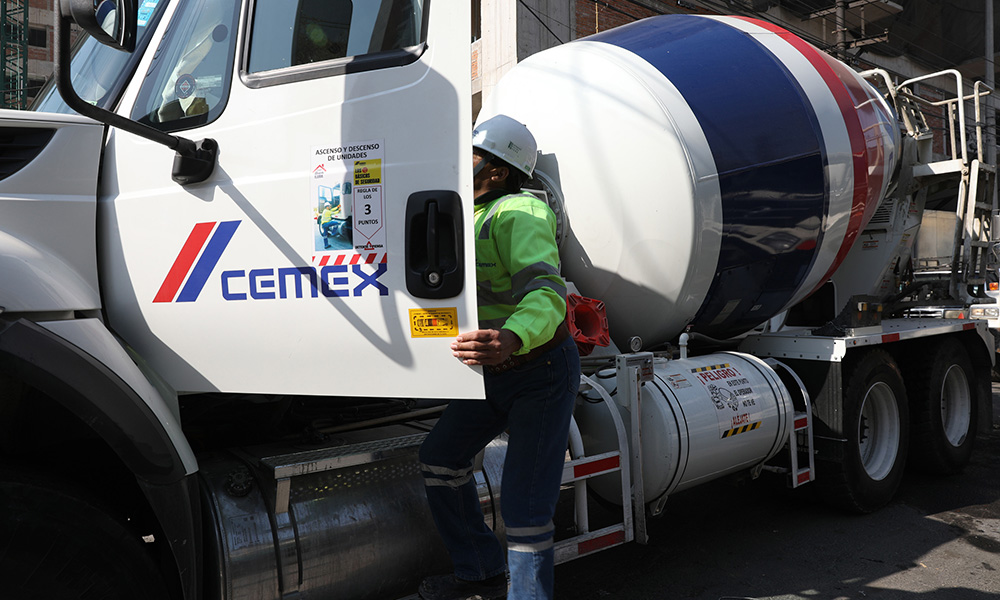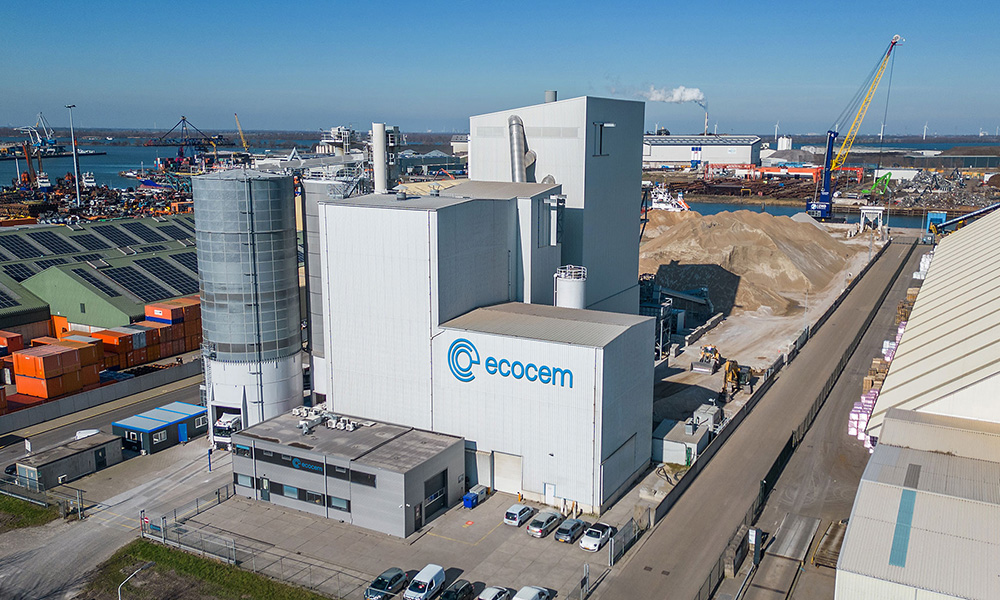Cemex France and Ecocem to research low-carbon products
Standard cement is estimated to account for more than 90% of concrete’s carbon footprint

A deal to carry out research into lower-carbon construction products has been inked by Cemex France and Dublin-based Ecocem, a supplier of reduced-carbon cement.
From June 2023, the two firms said they will begin trials of reduced-carbon products at 10 of Cemex’s French readymix plants. The ultimate aim is to be able to offer ‘low-carbon’ mixes throughout France and into other European markets.
Michel Andre, President of Cemex France stated, “We know that if we are to achieve our global ambition of operating as a Net Zero business by 2050, we must prioritise exploring innovation and new technologies with like-minded companies who share our dedication to leading the industry’s transition to a lower carbon and circular economy.”
According to a report, Ecocem uses ground granulated blast furnace slag (GGBFS) – a by-product of steel production – as a partial substitute for traditional cement. In doing so, it reduces the need to burn limestone to make clinker, the basic ingredient in ordinary Portland cement. Traditional cement has been estimated to account for more than 90% of concrete’s carbon footprint.

Ecocem says that it has “developed and delivered 20m tonnes of low carbon cement in a range of formats, preventing 16m tonnes of CO2 emissions from ever being produced”.
Donal O’Riain, Founder and Managing Director of Ecocem remarked, “Cemex has been a key partner for Ecocem since the inception of our business in France. Combining our strengths has huge potential to make considerable progress in supplying lower-carbon cementitious material for use in lower-carbon concrete. We are firmly committed to this partnership starting in France. It is only through working together we will make the progress needed to achieve decarbonisation targets.”
Cemex, which is said to be one of the world’s largest producers of traditional cement products, says it wants to get below 430kg of CO2 per tonne of cementitious product by 2030 – a reduction of 47% – and reduce the carbon content of its concrete mixes by 35%.
























